MoS IT states Digital India Act framework to be expected by early 2023
By MYBRANDBOOK
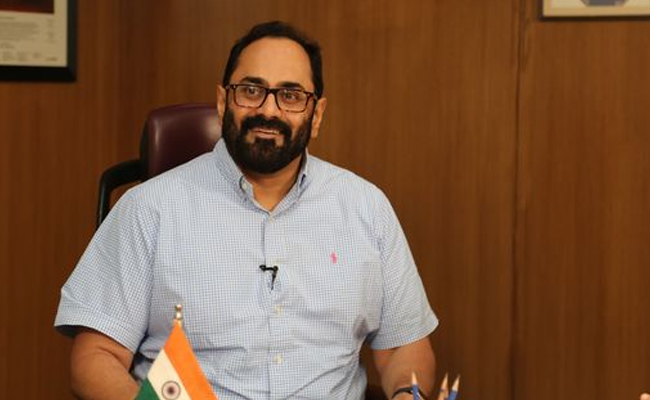
According to Minister of State for IT Rajeev Chandrasekhar, a considerable amount of work has been done on the proposed Digital India Act and is expected by early 2023.
The comments are important as India is shifting towards a strong framework to catalyse its digital ambitions and govern the online ecosystem, with openness, user safety and trust as the guiding principles.
At the same time, the government has asserted that extensive consultation will go into framing key legislations which are going to be essential building blocks for 'new India' and its digital architecture.
Asked about the status of Digital India Act, which will replace the IT Act, Chandrasekhar said, "A significant amount of work has been done on it, and we expect that in early 2023, under PM's leadership, a legislative framework for India's techade will be placed in front of the country."
The Minister also said that The government aims to have detailed consultation on key legislations.
"...all of these legislations for 'new India', have to be modern, extensively consulted with consumers, industry, startups, lawyers, judges, citizens... all of them have to find that their voice has been incorporated into all of these legislations, and that is precisely what we will do," Chandrasekhar told to a news agency.
Chandrasekhar made it clear, "We are not operating on artificial timelines."
Chandrasekhar said that the IT Act 2000 which is more than two decades old will be replaced with the new Digital India Act.
Chandrasekhar further said laws, rules and jurisprudence around internet will continue to evolve. It is pertinent to mention that the government recently tweaked IT rules under which it will set up appellate panels to resolve grievances that users may have against decisions of social media platforms like Twitter and Facebook on hosting contentious content.
Notably, the new amendments to IT rules now impose a legal obligation on social media companies to take all out efforts to prevent barred content and misinformation, and platforms such as Twitter and Facebook operating in India will have to abide by local laws and constitutional rights of Indian users.
Given that 800 million Indians are online, the Centre had said it will bring a modern framework of laws and rules that will act as catalysts for innovation and protect rights of `Digital Nagriks'.

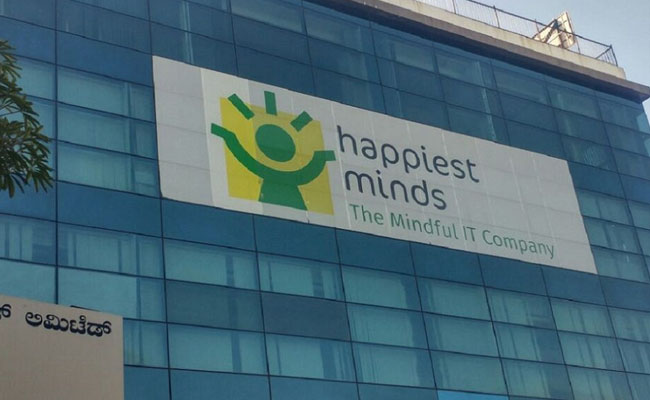
Happiest Minds brings in an innovative GenAI chatbot
Happiest Minds Technologies has announced the new GenAI chatbot - ‘hAPPI...

Government mandates encryption for CCTV cameras to ensure netw
In the wake of issuing an internal advisory on securing CCTV cameras at g...
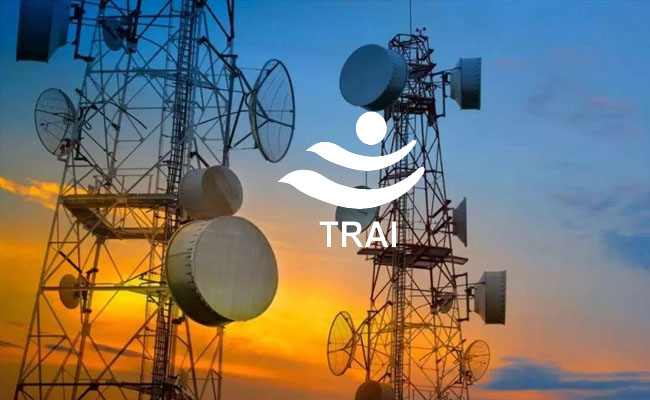
TRAI recommends allowing only Indian entities to participate i
The Telecom Regulatory Authority of India (TRAI) has recommended that onl...

Galaxy AI is available on more devices with Samsung One UI 6.1
Samsung has expanded the range of smartphones to which One UI 6.1 and Gala...

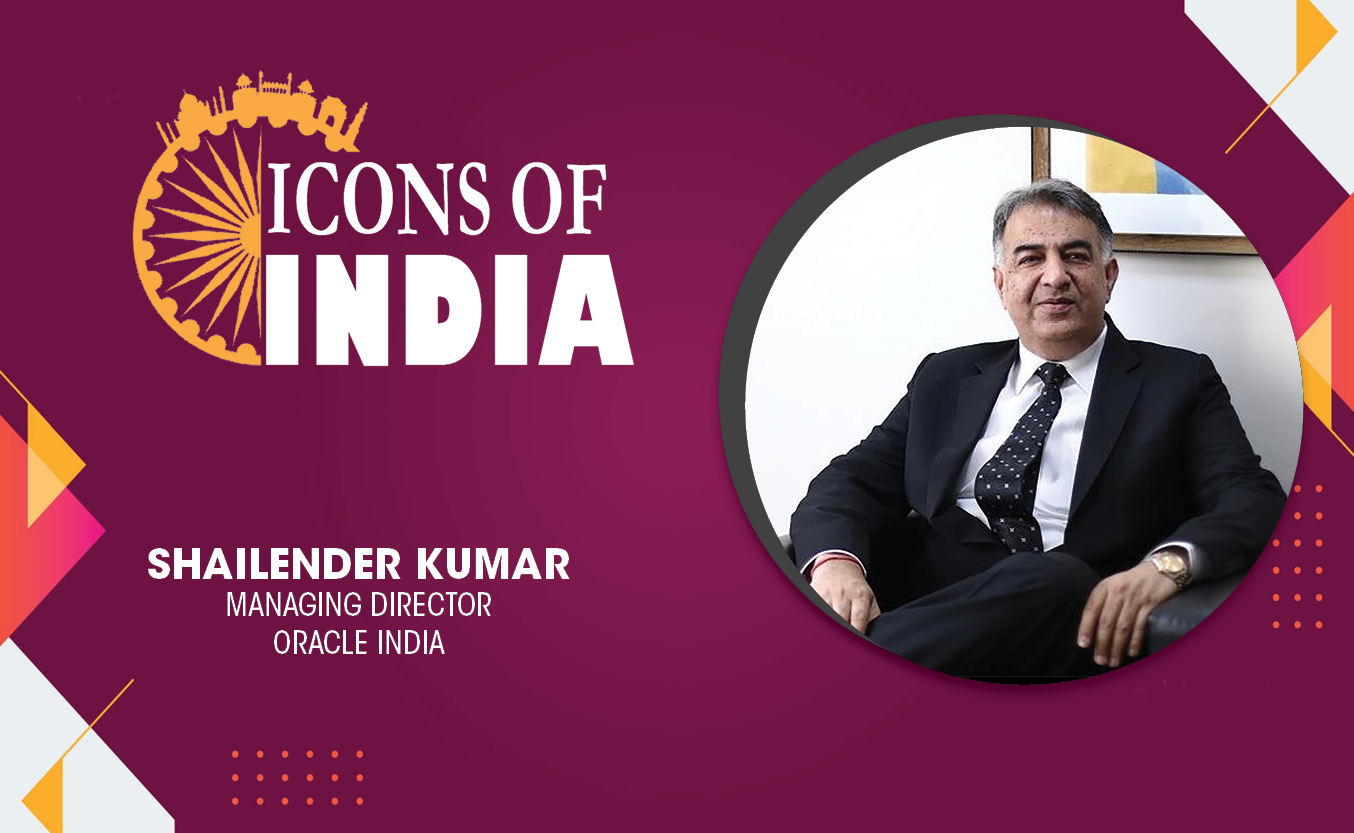
Technology Icons Of India 2023: Shailender Kumar
Shailender Kumar is senior vice president and regional managing direct...
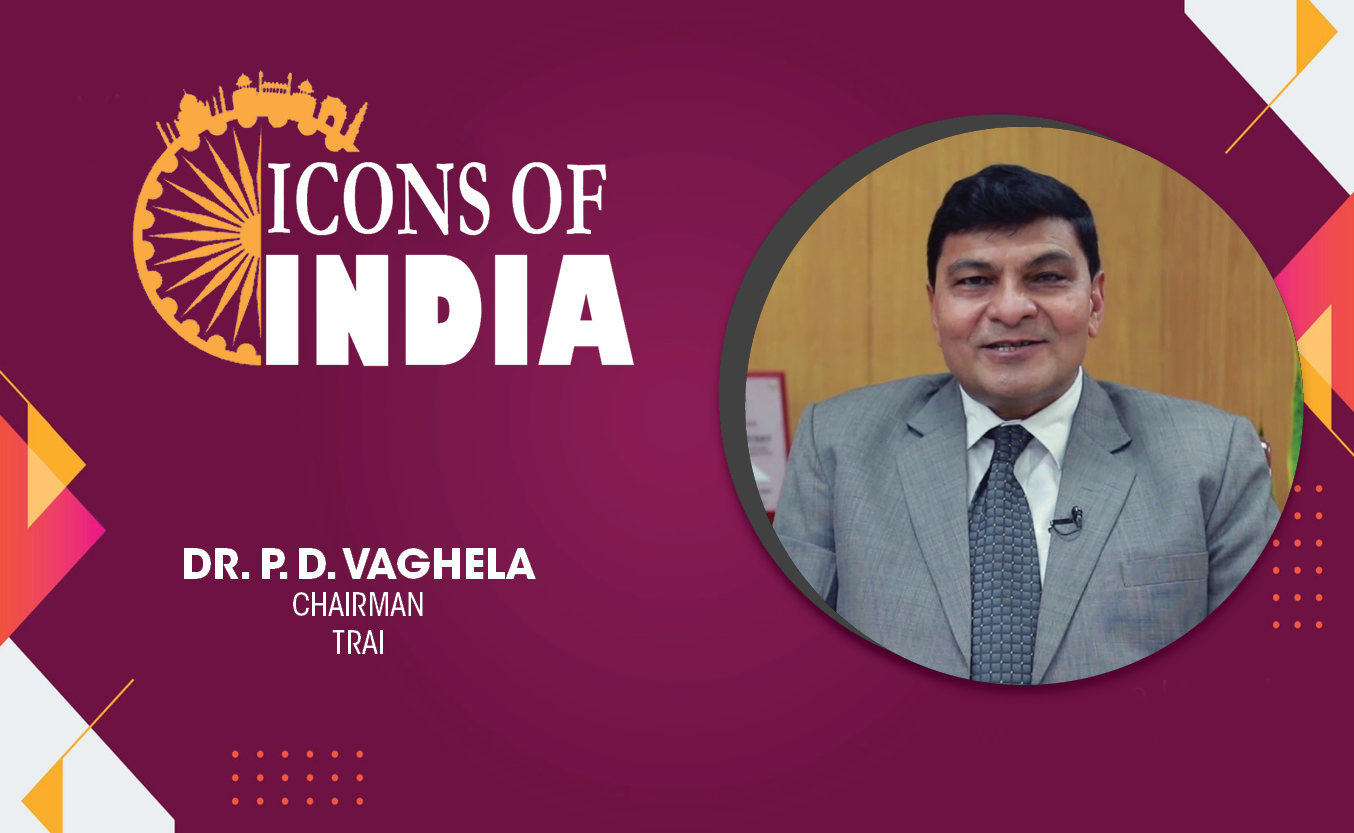
Technology Icons Of India 2023: Dr. P D Vaghela
Dr PD Vaghela serves as the Chairperson of Telecommunications Regulato...
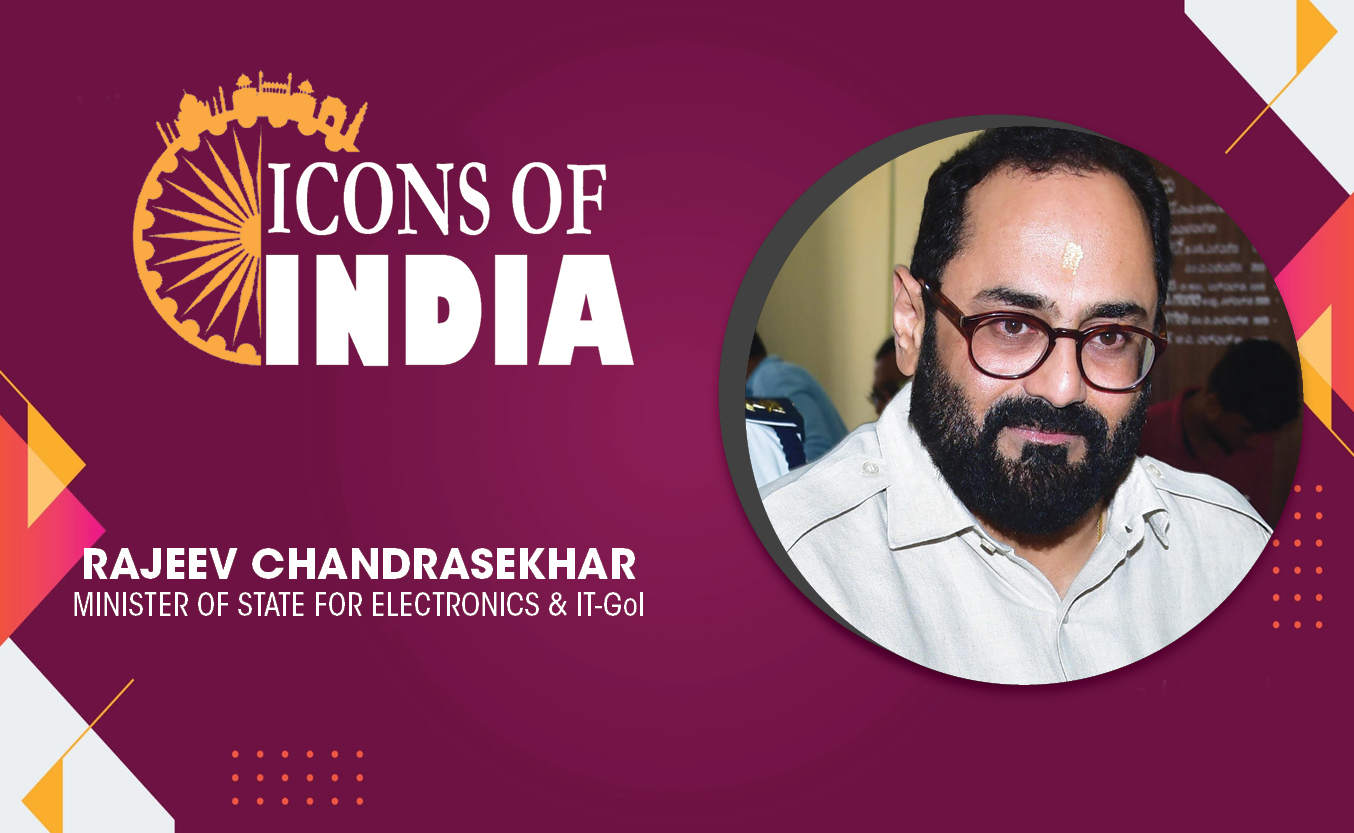
Technology Icons Of India 2023: Rajeev Chandrasekhar
Rajeev Chandrasekhar is the Union Minister of State for Electronics an...


HPCL is transforming the energy landscape, across the nation and beyond
HPCL is world-class energy company known for caring and delighting the...

RailTel connecting every corner of India
RailTel is an ICT provider and one of the largest neutral telecom infr...
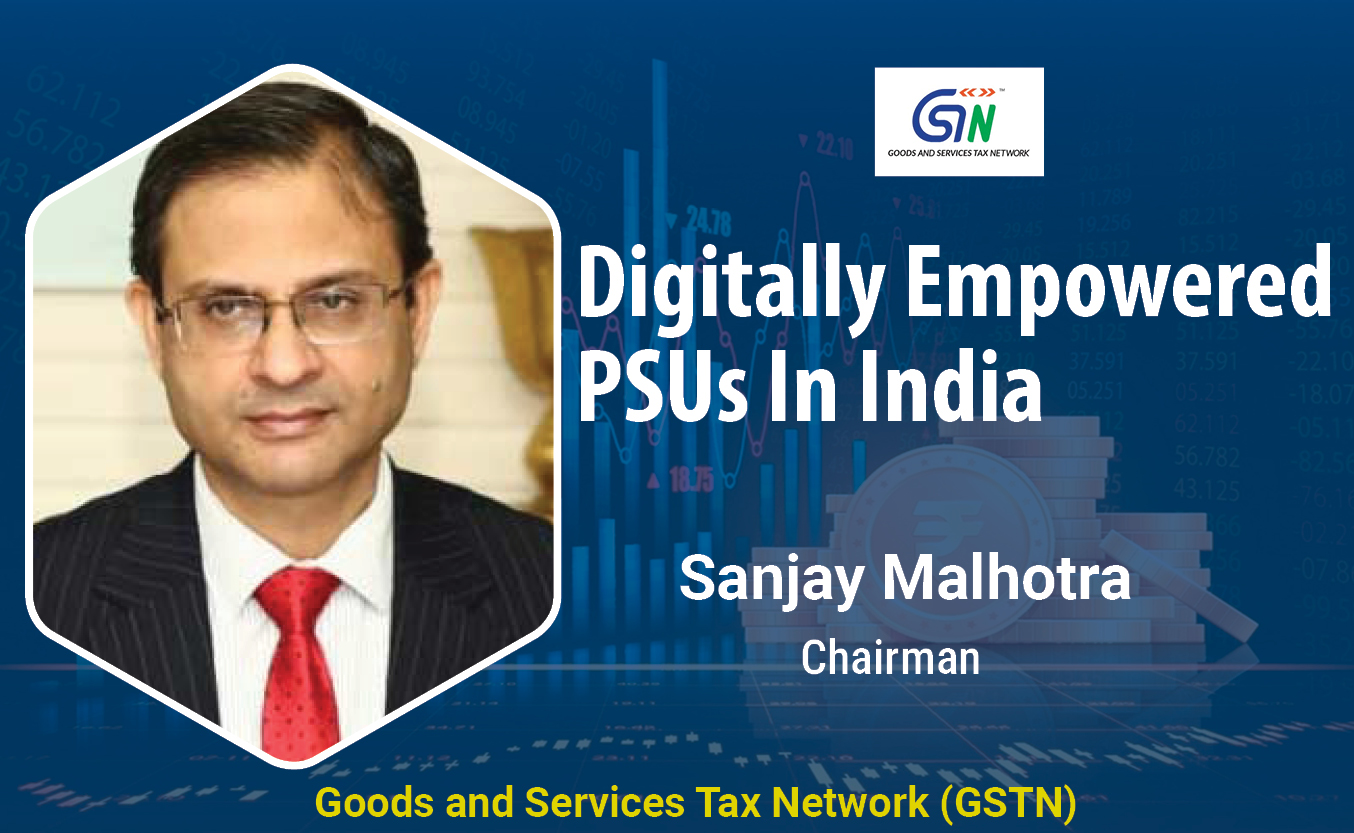
GSTN aims to integrate indirect tax ecosystem on a shared IT infrastructure
Goods and Services Tax Network (GSTN) has built Indirect Taxation plat...


SONATA INFORMATION TECHNOLOGY LIMITED
Sonata Software Limited is a leading Modernization engineering company...

BEETEL TELETECH LTD.
: Beetel is one of the oldest and most reputed brands in the Industry,...

FORTUNE MARKETING PVT. LTD.
Delhi based Fortune Marketing, An ISO 9001:2008 company, distributes ...